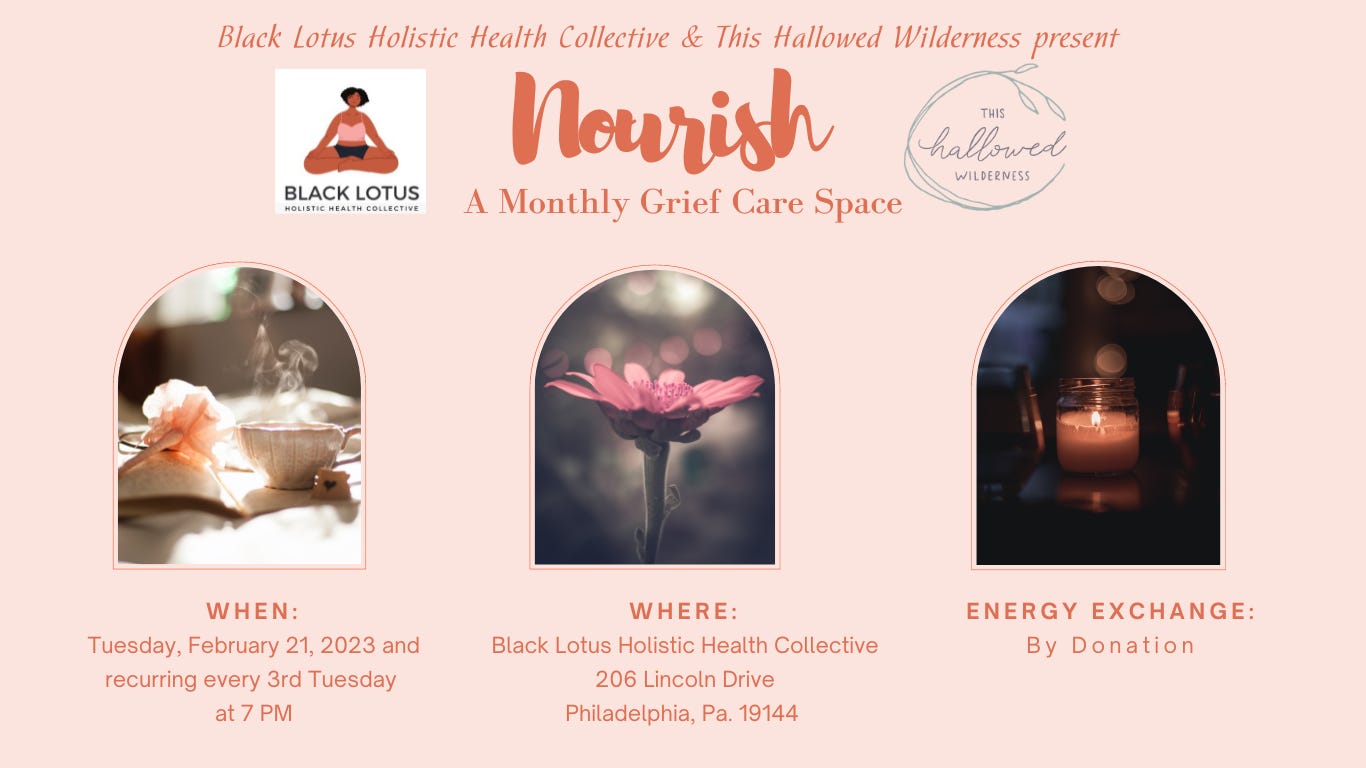“We shake with joy, we shake with grief. What a time they have, these two housed as they are in the same body.” ~ Mary Oliver

Today, I spent the afternoon wandering through a woodland preserve, craning my neck to catch a glimpse of the hawk dipping and rising ahead of us, marveling at the spires of uncloaked trees reaching toward the blue sky and the shapes those felled by storms made against the ground. I had just met my companions, the loveliest women, as enthusiastic about nature, poetry and grief as I was. And as we ambled together, pausing to take in the soothing spill of a creek against branch and stone, to wonder if the tunnel disappearing into darkness beneath an uprooted trunk was a den for foxes, to catch the trace of snow from two days ago dusting decaying leaves, I was struck by our laughter.
By how easily and unfettered it came. How frequently it pealed across the brown landscape, knitting us into the warmth of each other like old friends.
And I thought, too, how effortlessly the body does this: gives itself to joy, opens to the bright rush of sound and movement that frees gladness to the air. How natural the impulse to lean into what wants to be expressed through us. To honor, without thinking, questioning or resisting — unless circumstances dictate otherwise — the body as a guide.
This is the body that will show us what it needs when we’re grieving, too. The body that stores our stories and emotions, waiting for us to connect, to tune in and explore what feels alive in us. To allow ourselves to receive what wants to move.
Yet many of us disconnect from our bodies while grieving. The heaviness, the discomfort, the physical and emotional pain, the sense of being unmoored — it all can be overwhelming, pushing us to shut down. Harden. Numb out. Contract. Sometimes, we hold the sensations surging through us like a threat to our safety and comfort, or our ability to function. Or maybe we fear how we’ll be perceived if we give in to the feelings flooding us.
But when loss comes to us, when we experience that rupture that marks an irrevocable change in our world as we knew it, there is an energy, a movement that grief stirs in our bodies. An impulse to cry, to wail, to shake, to tear at our clothes, to pound at whatever’s within our reach. The body wants to move our grief. To go where it wants to go.
This capacity, this instinct to hold and be with our grief in such a trusting way has been deconditioned in a culture that turns away from pain and sadness. We go to great lengths to avoid discomfort, to push aside the parts of ourselves we’re convinced no one wants to know or see or make room for. When we’ve never experienced the safety of compassionate connection and witnessing, it makes sense we’d default to mask-wearing. Yet this keeps us from fully knowing ourselves.
Part of what we lose is our ability to touch the same vitality within our grief that lives within our joy. To allow room for the shapes and sounds it wants to pull out of us. Just as we rock and hoot and howl, clap our hands, throw back our heads, slap our thighs with laughter.
Maybe we grew up in a home or community where grief was never a full-body collapse, a keening lament. Maybe our own inclination to surrender to the freedom of such expression was shamed, silenced or otherwise deemed inappropriate.
But to move through our grief we have to receive it, and the body holds it all. Invites us to trust each turn and churn. To move it in song and dance and prayer. To fall into the moment grief says, “I’m here,” and be broken open again and again.
For we do not have to stay in this place. To heave and weep and let our sorrows bring us low to the ground interminably. The wave comes, sensations tug at us. And we move, however we’re called to. We allow what wants to happen. Let the happening make room for something more.
Like joy. Or laughter. Or the beauty of a slat of sun framing an old barn window, the wonder of a black cherry tree arched over the forest floor. Or any glimpse or sound or touch that waits to nourish our bodies when we’ve said to our grief — because we now know we can say it — “Enough. For now. Enough.”
“So don’t be frightened, dear friend, if sadness confronts you longer than you have ever known, casting its shadows over all you do. You must think that something is happening within you, and remember that life has not forgotten you; it holds you in its hand and will not let you fall. Why would you want to exclude from your life any uneasiness, any pain, any depression, since you don’t know what work they are accomplishing within you?” ~ Rainer Maria Rilke
Upcoming spaces for grief support
In this virtual space, we'll make space for our grief ... and what it needs from us, through poetry, writing prompts and the witnessing of each other's stories,
No writing or poetry experience necessary. The focus here isn't on craft but on using poems to access our grief...and then resting what's in our hearts on the page through guided writing prompts.
Learn more and register here.
This monthly, in-person grief care offering will invite space to speak and express our sorrows and to connect with each other while leaning into support. Sessions may include meditation, journaling, ritual and other nourishing practices and are held at a beautiful wellness center nestled in the woods in Rittenhouse Town, Philadelphia. Sign up here to join me.




